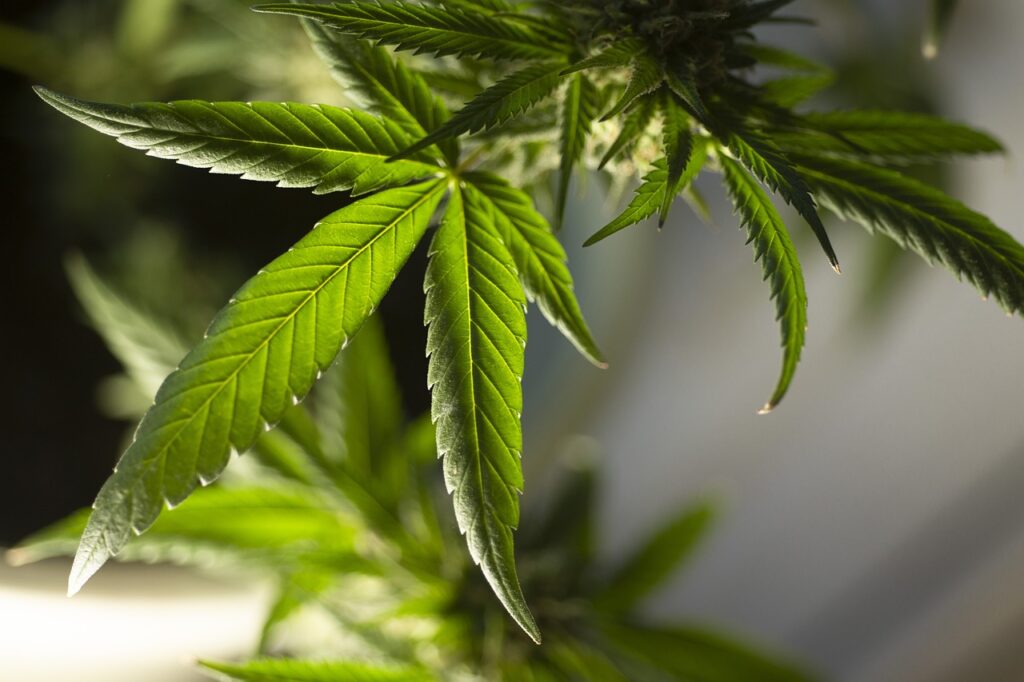In recent years, the cannabis plant has gained significant attention for its potential health benefits. Among its many compounds, THCA (tetrahydrocannabinolic acid) stands out as a promising component for wellness. Unlike its more famous counterpart THC, THCA is non-psychoactive, meaning it doesn’t produce the “high” associated with cannabis use. This article explores the potential benefits of best THCa flower for mental clarity and its role in promoting health and well-being.
Understanding THCA: The Basics
THCA is a cannabinoid found in raw and live cannabis plants. It is the precursor to THC, the compound responsible for the psychoactive effects of cannabis. When cannabis is heated through smoking, vaping, or cooking, THCA is converted into THC through a process called decarboxylation. In its raw form, THCA offers a range of potential health benefits without the intoxicating effects of THC.
Potential Health Benefits of THCA
Research into THCA is still in its early stages, but preliminary studies and anecdotal evidence suggest several potential health benefits:
- Anti-inflammatory Properties: THCA may help reduce inflammation, making it a potential option for those suffering from inflammatory conditions such as arthritis.
- Neuroprotective Effects: Some studies indicate that THCA may have neuroprotective properties, which could be beneficial for neurodegenerative diseases like Alzheimer’s and Parkinson’s.
- Anti-emetic Effects: THCA has shown promise in reducing nausea and vomiting, which could be helpful for patients undergoing chemotherapy or those with chronic gastrointestinal issues.
- Appetite Stimulation: While THC is known for increasing appetite, THCA may also play a role in stimulating hunger, which can be beneficial for individuals with appetite loss due to medical conditions.
THCA vs. THC: Key Differences
While both THCA and THC originate from the same plant, their effects and uses differ significantly. THCA is non-psychoactive, making it suitable for individuals seeking the therapeutic benefits of cannabis without the high. This distinction is particularly important for those who need to maintain mental clarity while managing their symptoms.
THC, on the other hand, is widely recognized for its psychoactive properties. It is often used recreationally but also has therapeutic applications, such as pain relief and muscle relaxation. The choice between THCA and THC depends on the individual’s needs and the desired effects.
Case Studies and Research
Several studies have explored the potential benefits of THCA, although more research is needed to fully understand its effects. A study published in the British Journal of Pharmacology found that THCA exhibited anti-inflammatory properties in animal models. Another study in the Journal of Neuroimmune Pharmacology suggested that THCA might have neuroprotective effects, highlighting its potential for treating neurodegenerative diseases.
Anecdotal evidence from patients and healthcare providers further supports the potential benefits of THCA. Many individuals report reduced inflammation, improved mood, and better overall well-being after incorporating THCA-rich products into their wellness routines.
How to Use THCA Flower
THCA flower can be consumed in various ways, depending on personal preferences and desired effects. Some popular methods include:
- Juicing: Juicing raw cannabis leaves and flowers is a popular method for consuming THCA. This method preserves the cannabinoid in its natural form, allowing users to benefit from its potential health properties without psychoactive effects.
- Topicals: THCA-infused creams and balms can be applied directly to the skin for localized relief from pain and inflammation.
- Tinctures: THCA tinctures are liquid extracts that can be taken sublingually (under the tongue) for quick absorption into the bloodstream.
Legal Considerations
The legal status of THCA varies by region, as it is often classified alongside THC due to its potential to convert into the psychoactive compound. It’s important for consumers to be aware of local laws and regulations regarding cannabis products before purchasing or using THCA flower.
Conclusion
THCA flower represents a promising avenue for those seeking natural wellness solutions. With its potential anti-inflammatory, neuroprotective, and anti-emetic properties, THCA offers a range of benefits without the psychoactive effects of THC. As research continues to uncover the full potential of this cannabinoid, THCA may become an increasingly popular choice for individuals looking to enhance their health and well-being through natural means.
While more studies are needed to fully understand the effects of THCA, current evidence suggests that it holds significant promise as a therapeutic agent. As with any supplement or treatment, individuals should consult with healthcare professionals to determine the best approach for their specific needs.


